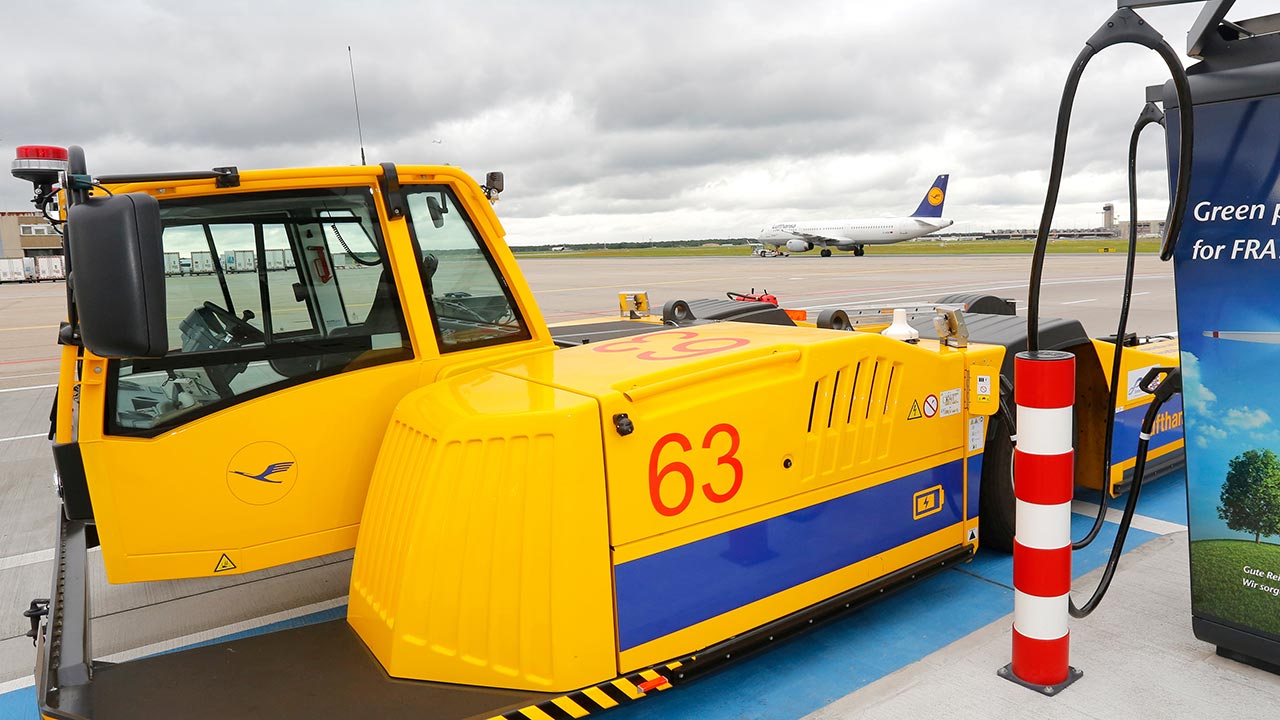Today, Frankfurt Airport's charging infrastructure works conventionally, with electricity flowing from a charger to vehicle batteries. But in the future, power will also flow in the opposite direction. This approach will turn EVs into mobile storage units that can return unused power to the grid when needed.
According to Fraport, the technology isn't yet ready for large-scale deployment, and the interfaces still need to be standardized. This is especially true for many of the specialized vehicles used for aircraft ground handling.
Fraport is receiving support from the German Ministry for Economic Affairs and Climate Action for broadly implementing this ambitious idea at the airport. Over the next four years, a total of over five million euros will flow to Frankfurt Airport within the scope of Germany’s program to promote electromobility. Fraport itself, together with other partners, will invest another 4.1 million euros in the project.
“Frankfurt Airport is providing an ideal, self-contained field test system for implementing a bidirectional charging infrastructure,” explains Michael Kuschel, the Fraport vice president responsible for power and networks. “Fraport is playing all of the main roles in it: we are both the network operator and its primary consumer. The charging points are part of our own infrastructure, and we are also providing the required software. This unique constellation enables us to model the required test environment despite the fact that not all of the technical and regulatory definitions have been fully formulated yet.”
Also involved in the project are Stromnetz Hamburg GmbH (the owner and operator of Hamburg's electricity distribution network), which will support Fraport in developing the necessary software, and Darmstadt University of Applied Sciences, which will oversee the economic and technical aspects. The German Federal Ministry of Economics and Technology has commissioned the German Aerospace Center (DLR) to lead the project.
Fraport AG currently has a fleet of about 650 electrically powered vehicles and is planning to add another 600 cars, buses, and dedicated ground handling vehicles with electric drives by 2026. With the aid of bidirectional charging equipment, the storage batteries of this motor pool will collectively constitute a large-scale virtual reservoir able to accept and provide constantly changing amounts of electric power.
Slated to last four years, the project will kick off with a 12-month technical planning phase. Over the following three years, the plans call for nearly 90 bidirectional charging points to be installed at the airport.
Source: Fraport

